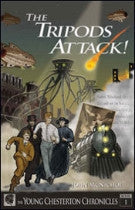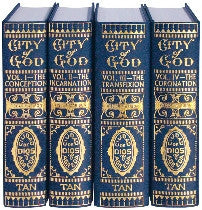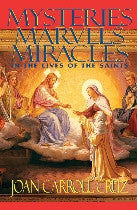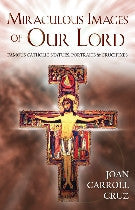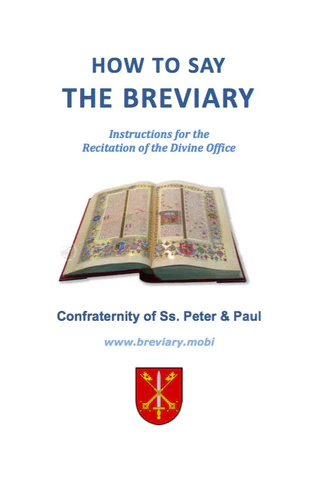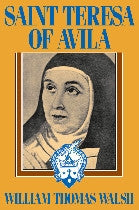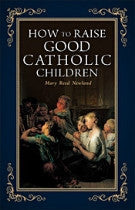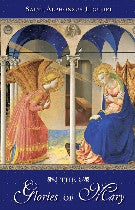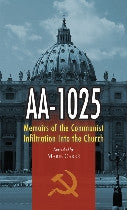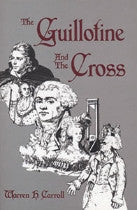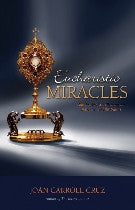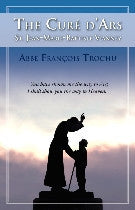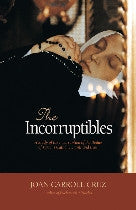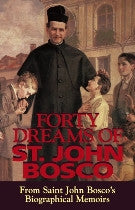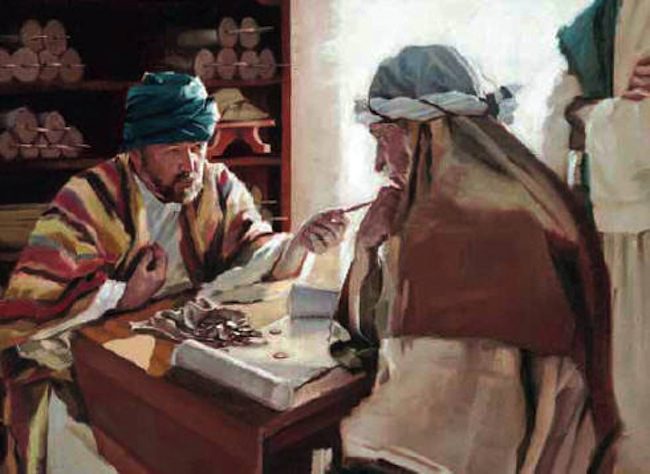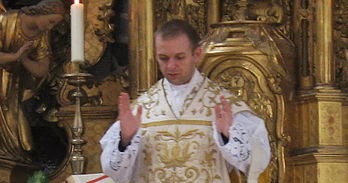The Component Parts of the Roman Breviary
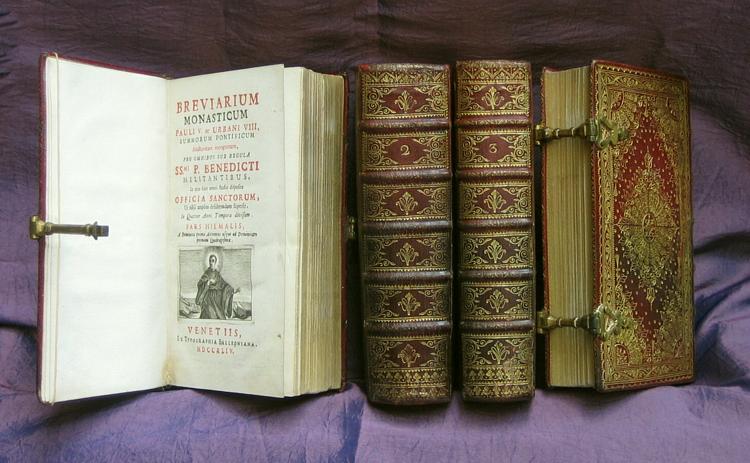
The Roman Breviary is printed in four volumes, as the whole would make a rather bulky and inconvenient book. There used to be a one-volume version of the Breviary called the Totum, but this is rarely seen these days. When printed in four volumes, the various books are designated as the Pars Hiemalis, Pars Verna, Pars Aestiva, and Pars Autumnalis (Winter, Spring, Summer and Autumn volumes).
Each volume of the Breviary contains essentially the following parts: the Ordinary, the Psalter, the Proper of the Season, the Proper of the Saints, and the Common of the Saints.
The Ordinary (Ordinarium) contains an outline of the various Hours of the Divine Office and those prayers which never vary from day to day. It corresponds, therefore, to the Ordinary of the Mass in the Missal.
The Ordinary (Ordinarium) contains an outline of the various Hours of the Divine Office and those prayers which never vary from day to day. It corresponds, therefore, to the Ordinary of the Mass in the Missal.
The Psalter (Psalterium) contains the Psalms for the various Hours for each day of the week. Most editions of the Breviary reprint at least portions of the Ordinary in the Psalter for the sake of convenience.
The Proper of the Season (Proprium de Tempore) contains the variable parts for the Office of Sundays, and in addition, the First Nocturn Lessons for each day of the week; for example, for Tuesday after the Fourth Sunday after Pentecost. These Lessons are called “Scripture occurring Lessons.” The Proper of the Season also contains the proper Offices for all of the Feasts during the Christmas Cycle (from Christmas Eve until the Octave Day of Epiphany inclusive), and for most of the Feasts which are based on the Easter Cycle and which are not celebrated on a fixed date, eg. Ascension, Corpus Christi, Sacred Heart, etc.
The Proper of the Saints (Proprium Sanctorum) contains those parts of the Divine Office which are proper to the various feasts; for example, the Feast of the Assumption, the Feast of St. Bernard, etc. These Feasts are generally celebrated on a fixed date, eg. The Precious Blood on July 1st, All Saints on November 1st, etc.
The Common of the Saints (Commune Sanctorum) has complete Offices (except for the invariable parts) for the various classes of saints, such as Apostles, Martyrs, Confessors, etc.
Note:
The Proper of the Saints takes precedence over the Common of the Saints, in that anything that is proper to a particular Feastday will be said rather than taking the element from the Common. Care should be taken to read the Ordo carefully to determine what, if any, elements are proper to the Feast on any particular day.
etc.




